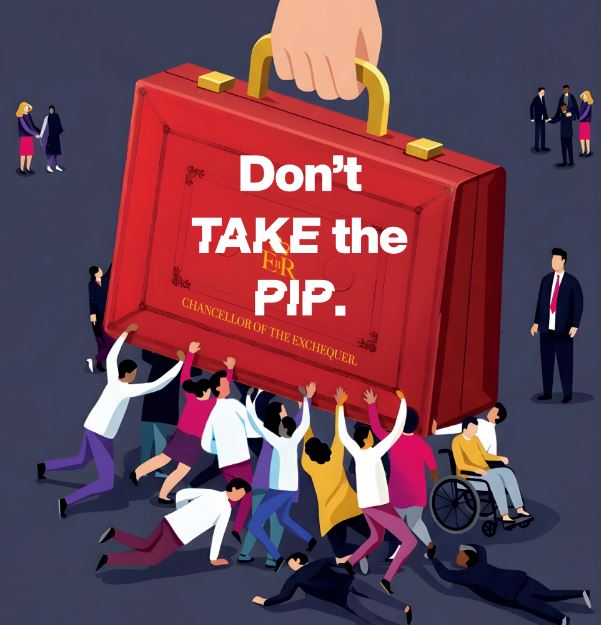 The Department for Work and Pensions (DWP) has estimated that 800,000 current and future recipients of personal independence payments (PIP) will lose on average £4,500 a year as a result of the government’s proposed welfare reforms in 2029/30.
The Department for Work and Pensions (DWP) has estimated that 800,000 current and future recipients of personal independence payments (PIP) will lose on average £4,500 a year as a result of the government’s proposed welfare reforms in 2029/30.
The DWP released its ‘Spring Statement 2025 health and disability reforms – Impacts’ report on 29 May 2025. It estimated that an additional 250,000 people, including 50,000 children, will be in relative poverty in 2029/30 due to the reforms.
A list of the conditions likely to be most affected by the changes to PIP were also released, including epilepsy, cancer, pain problems and syndromes and mental health conditions, among others.
A third of PIP claimants with epilepsy – around 11,000 people – scored less than four points in their last assessment as of January 2025 and would stand to lose government support in 2029/30.
However, the report adds that a limitation is that the estimates don’t take into consideration the £1 billion the government is planning to invest in helping disabled people and those with long-term health conditions into work.
The report says it expects this to “mitigate the poverty impact among people it supports into work”.
“Long-term devastating impact”
Daniel Jennings, senior policy and campaigns officer at Epilepsy Action, said: “These latest DWP figures only serve to highlight the devastating impact their own cruel and unnecessary cuts will have on people with disabilities.
“It shows that a significant number of people with epilepsy will have their support taken away, in addition to future PIP claimants who will be unlikely to ever get this support due to these changes.
“If the government wants to support more people into work, this isn’t the way to go about it. PIP actually helps many people with epilepsy to stay in work – giving them the independence and tools to manage their condition safely day-to-day.
“We urge ministers to re-think their proposals and to hear what the many people have told us since we launched our ‘Don’t Take the PIP’ campaign. The current proposals might have a short-term financial gain but will have a much longer-term and devastating impact on people who need support the most.”
The DWP estimated that the welfare changes as a whole would mean 3.1 million families with a disabled member would lose out on an average of £1,730 a year.
Meanwhile, 1.8 million families with a disabled member would gain £560 a year, and 1.9 million families without a disability would gain £290 a year.
Citizen’s Advice has also published a report outlining the impact planned cuts to disability benefits will have on disabled people. This suggests that it is likely to be worse than government analysis suggests.
There is more information and a full breakdown of the findings on the government website.

DON'T TAKE THE PIP
Many people with epilepsy already struggle to stay afloat.
Now even the little support they get could be taken away.
We won’t stand for this.




